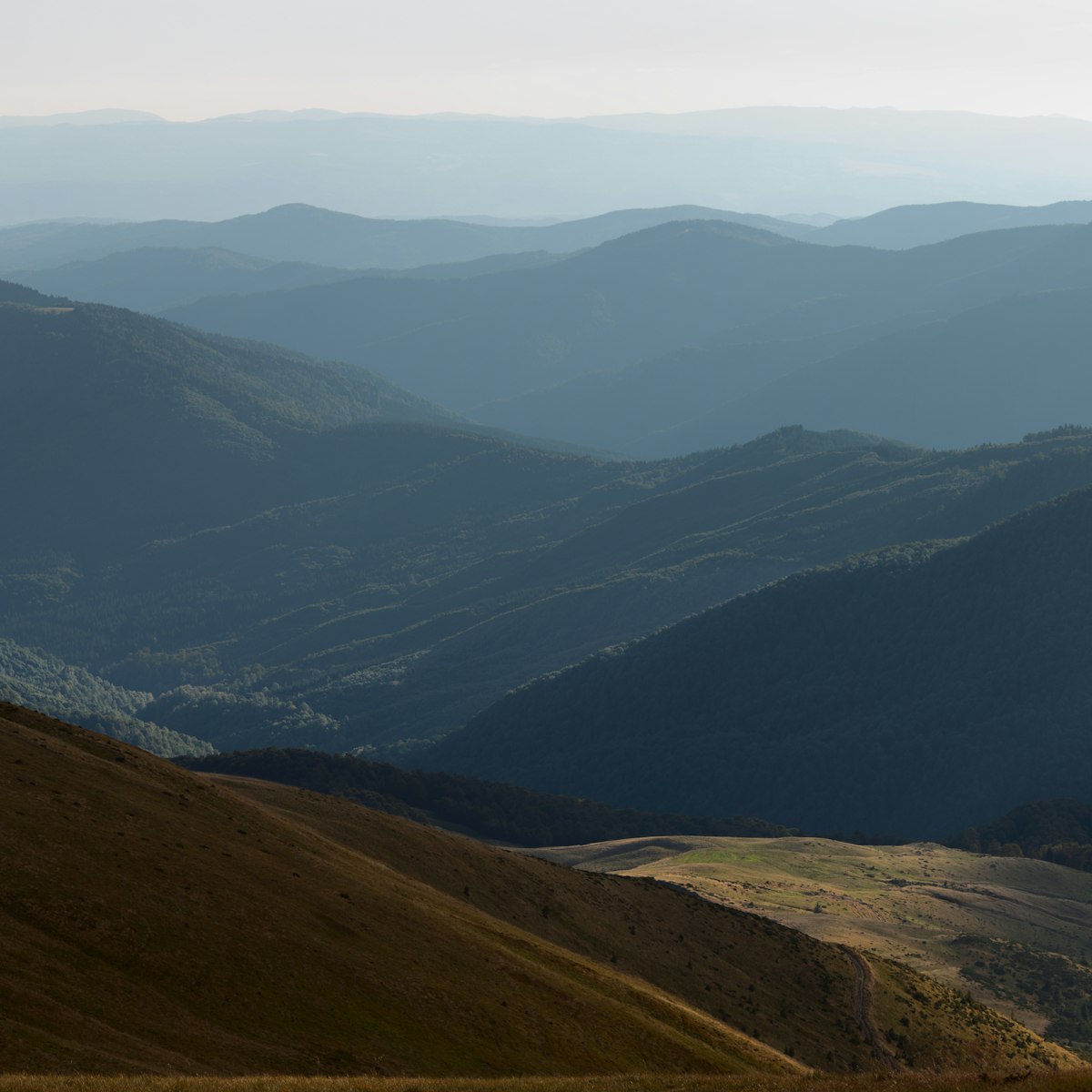A prison for political prisoners right up to 1974 has reopened as the Memorial Museum to the Victims of Communism and to the Resistance. Photographs and objects with short descriptions are displayed in more than 50 of the torture chambers and cells on two levels. Most everything is in Romanian, but a comprehensive booklet allows you to follow along in English and other languages.
In May 1947, the communist regime slaughtered, imprisoned and tortured thousands of Romanians who could (or might) oppose the new leadership. While many leading prewar figures were sent to hard-labour camps, the regime’s most feared intellectual opponents were held in Sighet’s maximum-security prison. Between 1948 and 1955 more than 180 members of Romania’s academic and government elite as well as priests and bishops were imprisoned here, and some 53 died.
The heart-rending bronze statues in the courtyard, shielding themselves and covering their mouths in horror, recall those who died. Many of these victims are buried in the Paupers' Cemetery some 2.5km west of the centre.

